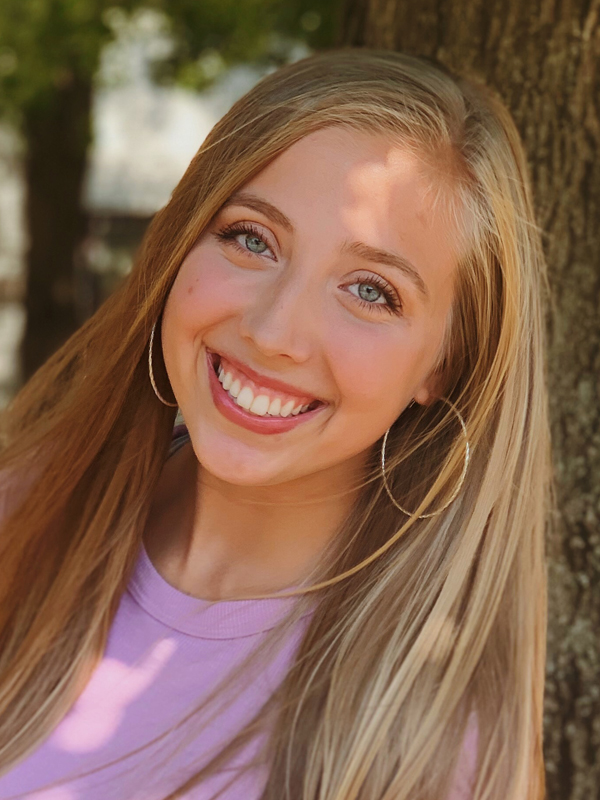Visionaries: Students help researcher keep forensics lab running
Crime shows excel in dramatizing and glamorizing difficult cases, giving viewers the idea that criminal case investigations can be started and solved within the hour. But that’s not the reality according to real-life forensic scientist Krystal Hans, assistant professor of entomology/forensics.
Students come to her classes ready to solve crimes, Hans explained, only to realize it is not as easy as Hollywood makes it seem. Hans said she is thankful that these shows can interest students in a possible career, but once people realize it is not all black-and-white, they are often disappointed.A major problem with the preconceptions from TV is the process of being part of a jury, Hans said. In the shows, DNA and fingerprints are everywhere, and you know almost immediately who is guilty; however, this is not typically the case, Hans said. In trials, the narrative is not as clear as jurors expect, making the experience more of a letdown.
True crime shows have, over time, put this certain expectation on the field of forensic science that is not all true. It takes time to solve a case, as most times the evidence is not just handed to you, and that is where people like Hans come in.
Hans works in forensic entomology, meaning she uses the insects at the scene to help offer more information about the victim and possibly give officials more clues about what happened. She also can offer some sort of closure to the families and loved ones of victims of cases that seemed to have gone cold.Krystal Hans explains how bringing closure to the families of crime victims motivates her
Meet the Filmmaker/Blogger
 Skylar Krepton, student filmmaker and blogger
Skylar Krepton, student filmmaker and blogger Skylar Krepton is a senior agricultural communication major from Covington, Indiana. When not in class, she can be found at her cooperative house with her sisters or working at the local winery. She plans to pursue a career in the wine industry following graduation.
ABOUT VISIONARIES
This blog and video are part of the Visionaries series, which highlights the work and lives of researchers in the Purdue University College of Agriculture. The content for this series is created by the students of ASEC 280 (Digital Storytelling).





